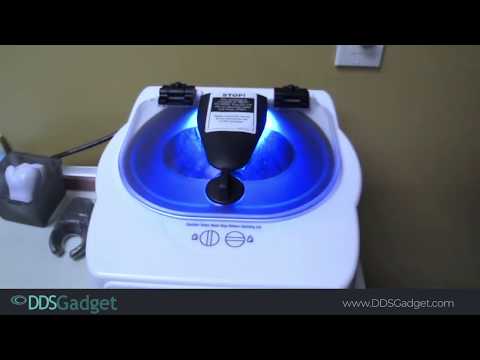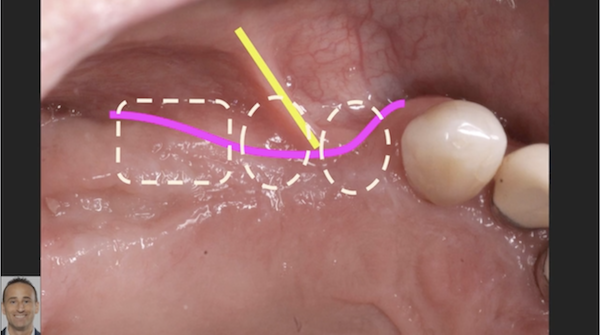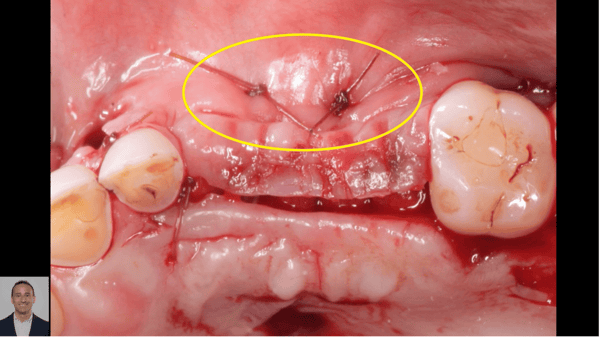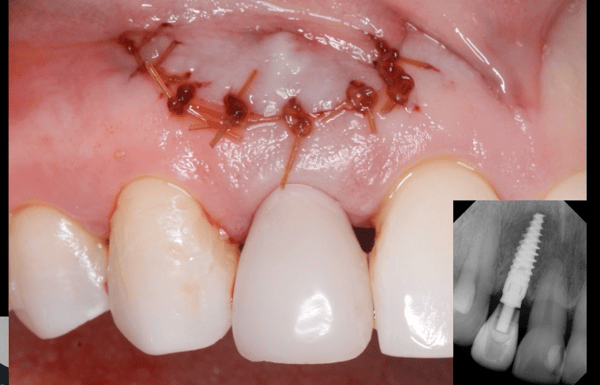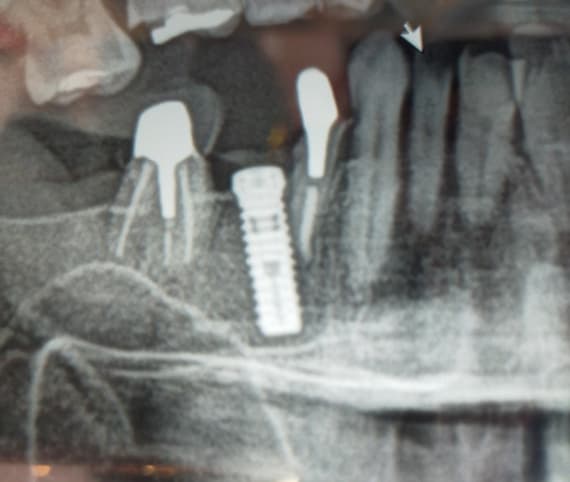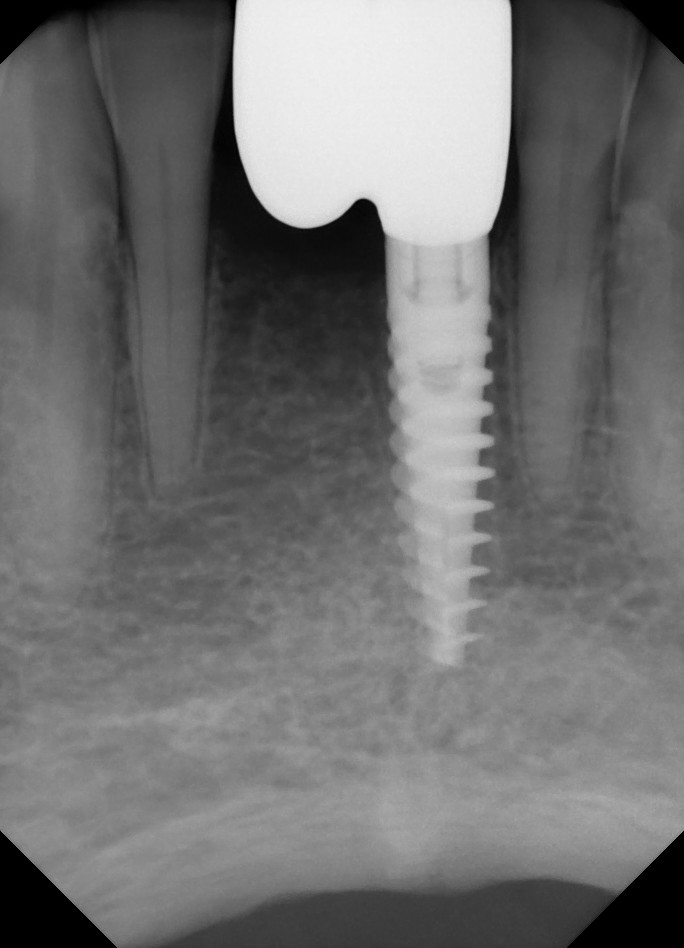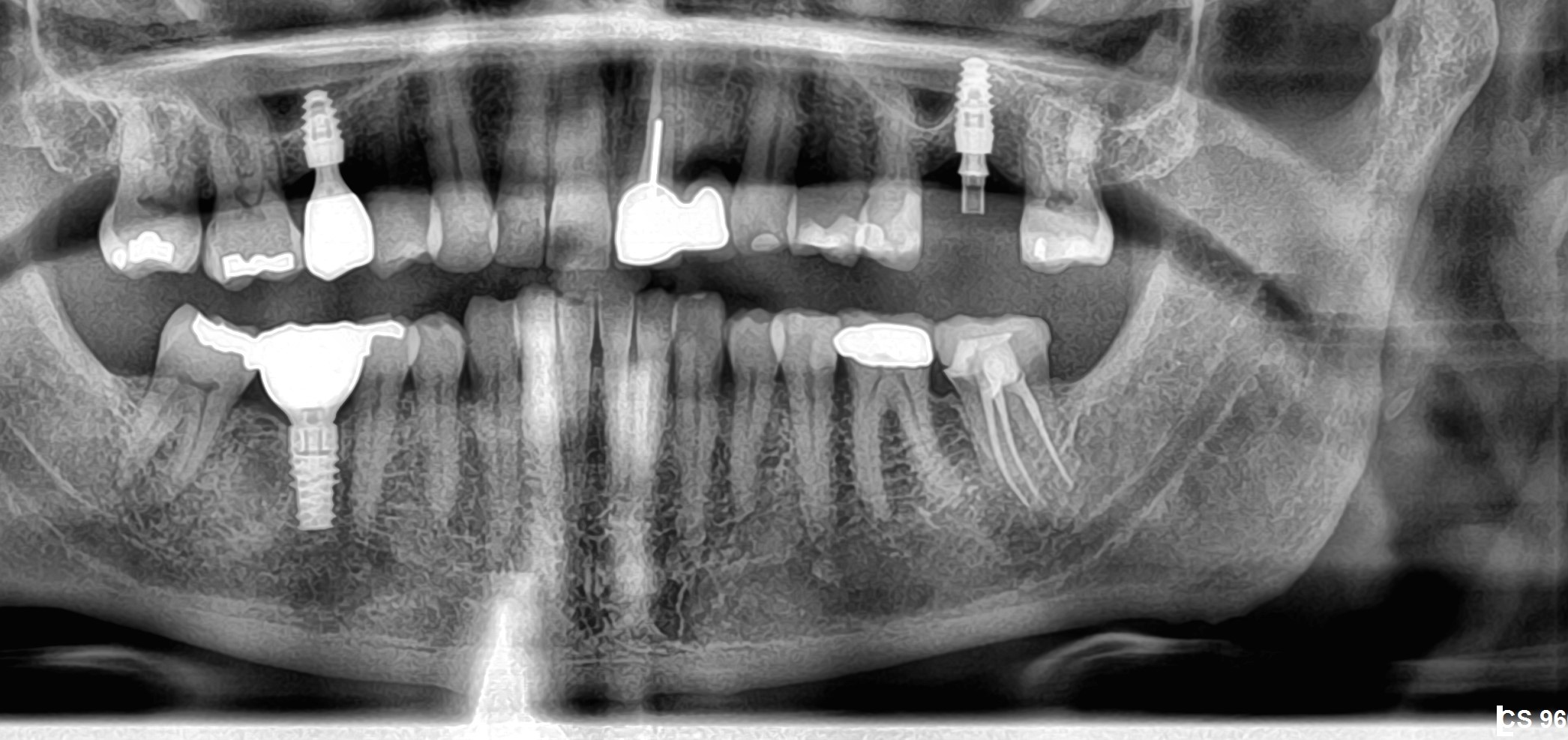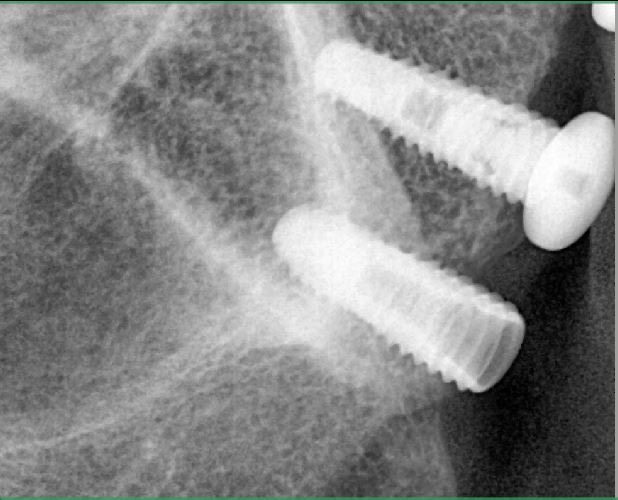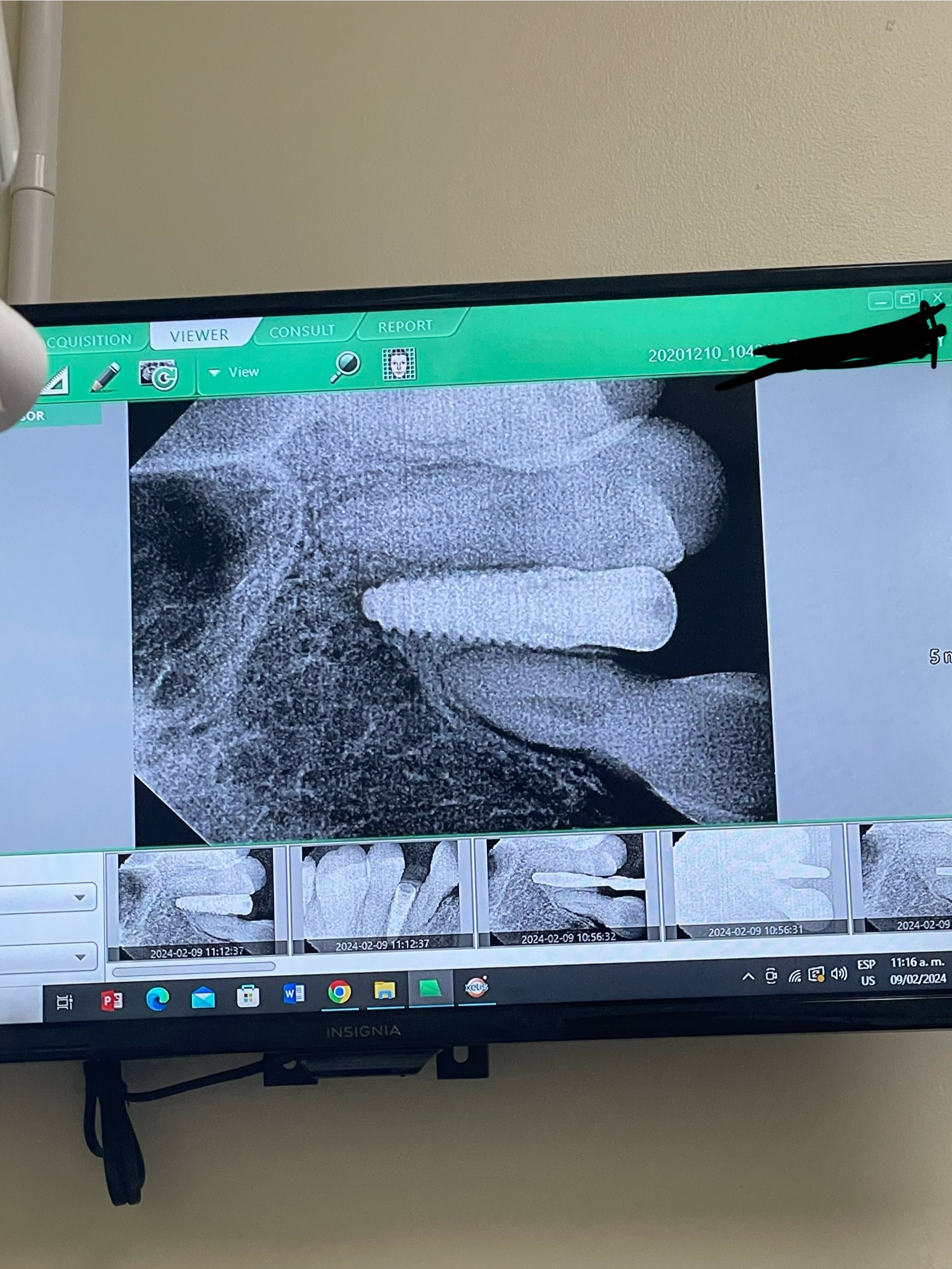Why are general dentists even allowed to place dental implants? Would you go see an optometrist for LASIK surgery? No you would go to a qualified opthamologist because they have been properly trained to do this type of procedure. They both know a lot about occular science and procedures, but only the opthamologist has the proper training. Why do we have to avoid this subject? Weekend courses and mini residency's in implant dentistry are ridiculous and should be banned. ADA accredited residency's from ADA recognized specialties not only teach the science and research behind these procedures, but they are long enough to actually see cases through to completion and deal with complications as they arise with experienced faculty members overlooking each case. Oral surgeons and periodontists often butt heads on who should be placing dental implants, but at least both have been properly trained to deal with complications related to dental implant placement and the majority of OMFS and perio residents leave their respective programs placing a couple of hundred implants and assisting on hundreds more. I know in perio, most residents now are actually mandated to observe the restoration of all of their placed implants so that they will have a better understanding about proper angulation and depth of placement, so they are not just placing implants to place implants. Just "sinking" a few implants in a pig's jaw is not proper training and is an unethical way to practice dentistry. Sorry for being so harsh, but the facts are the facts. Do you what you do best, i.e., single rooted endo, simple extractions, crown and bridge, removable appliances, etc, your life will actually be more profitable and less stressful in the long run.





